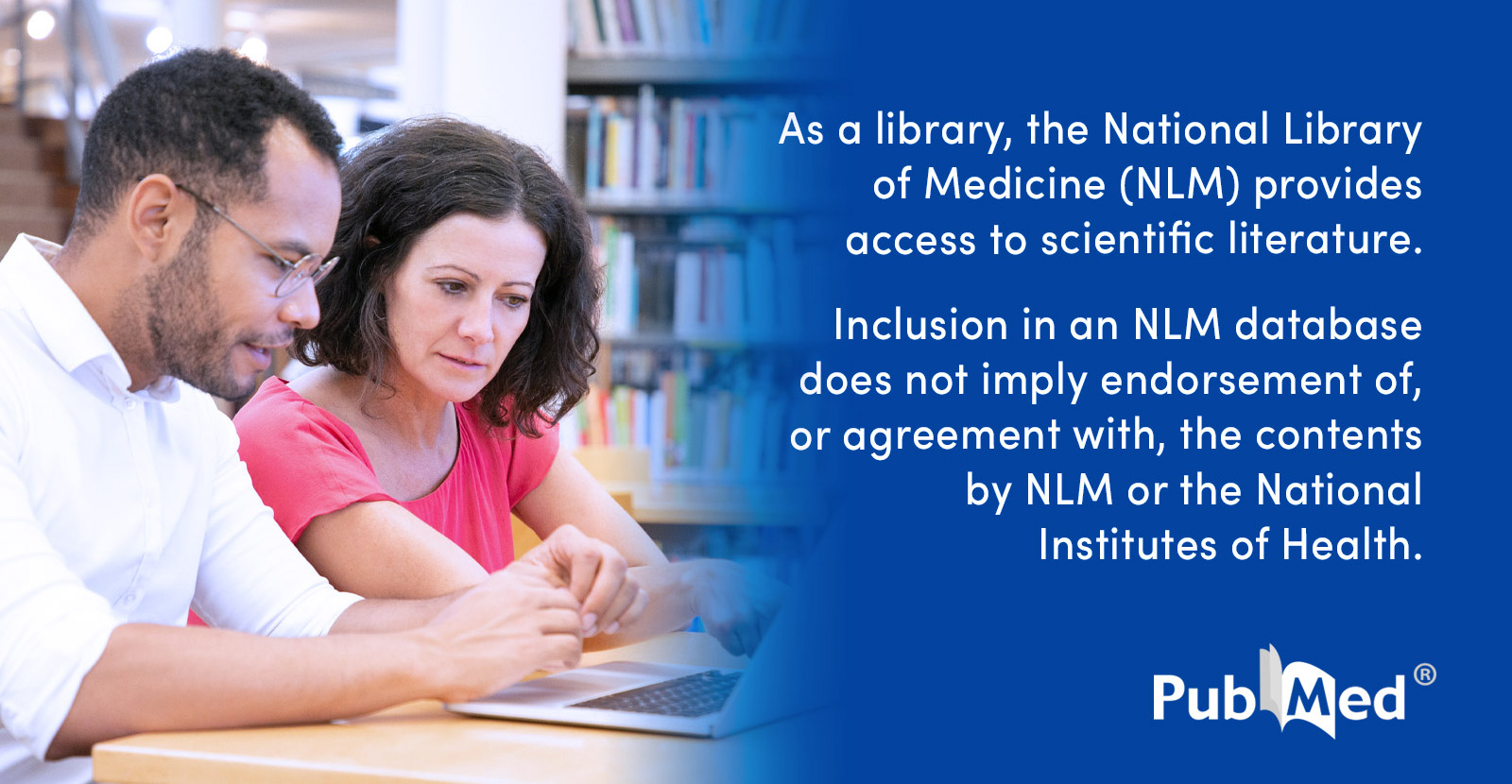SWJJ
MOAR BINK BALL
Offline
There was massive inconsistencies from state to state, district to district, school to school, and class to class.My kids were already graduated and attending college when this all started. Tell me, were the remote learning classes handled via Zoom? Or were the assignments just handed out, a reading assignment given to explain the lesson, and the child was left to either figuring it out on their own or having a parent help?
There was some all zoom/virtual, there was some all self-lead paper hand outs, and there was some attempts at a hybrid systems, including hybrid in-person/virtual to reduce the numbers of students resent at any one time.





